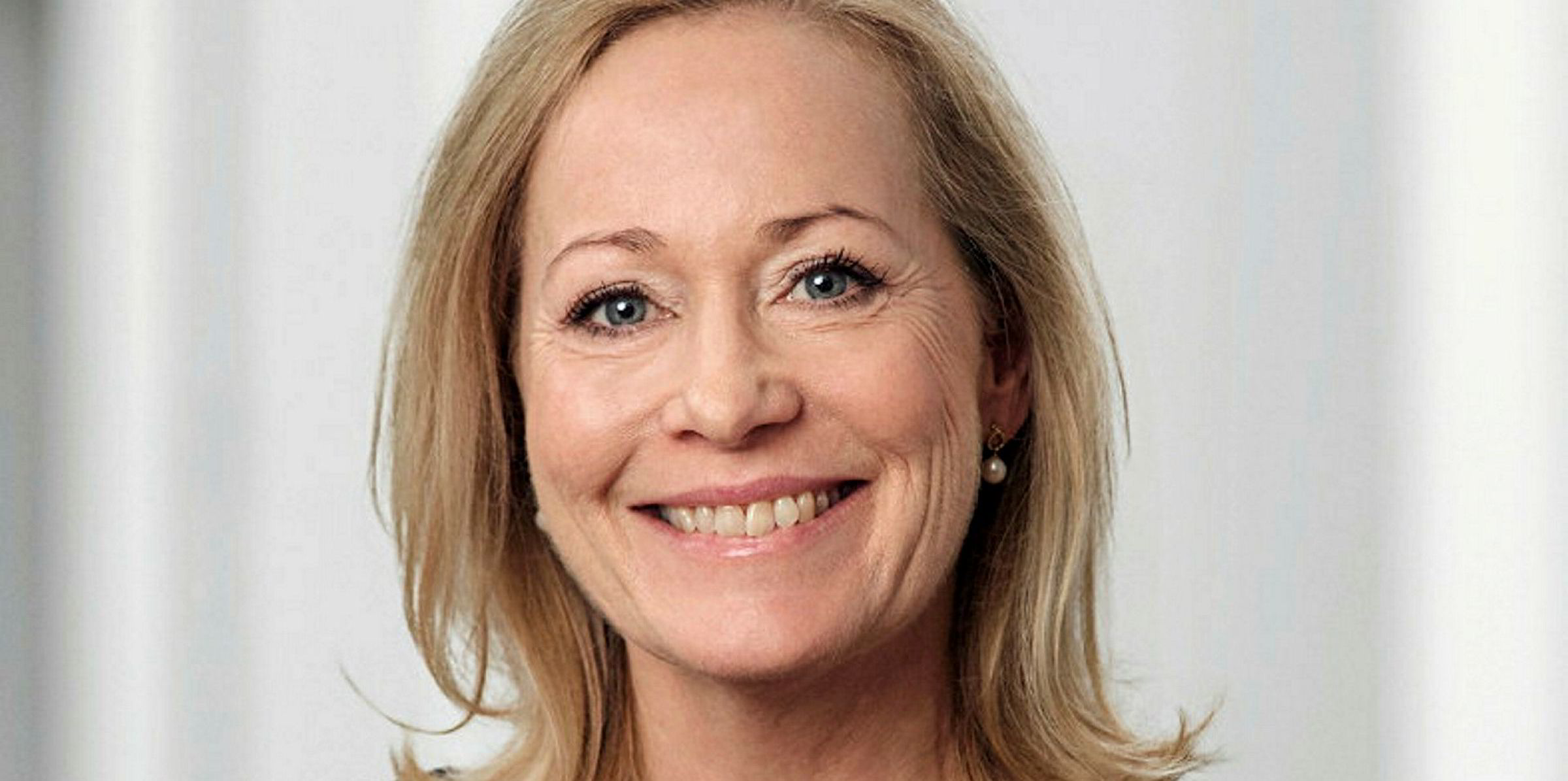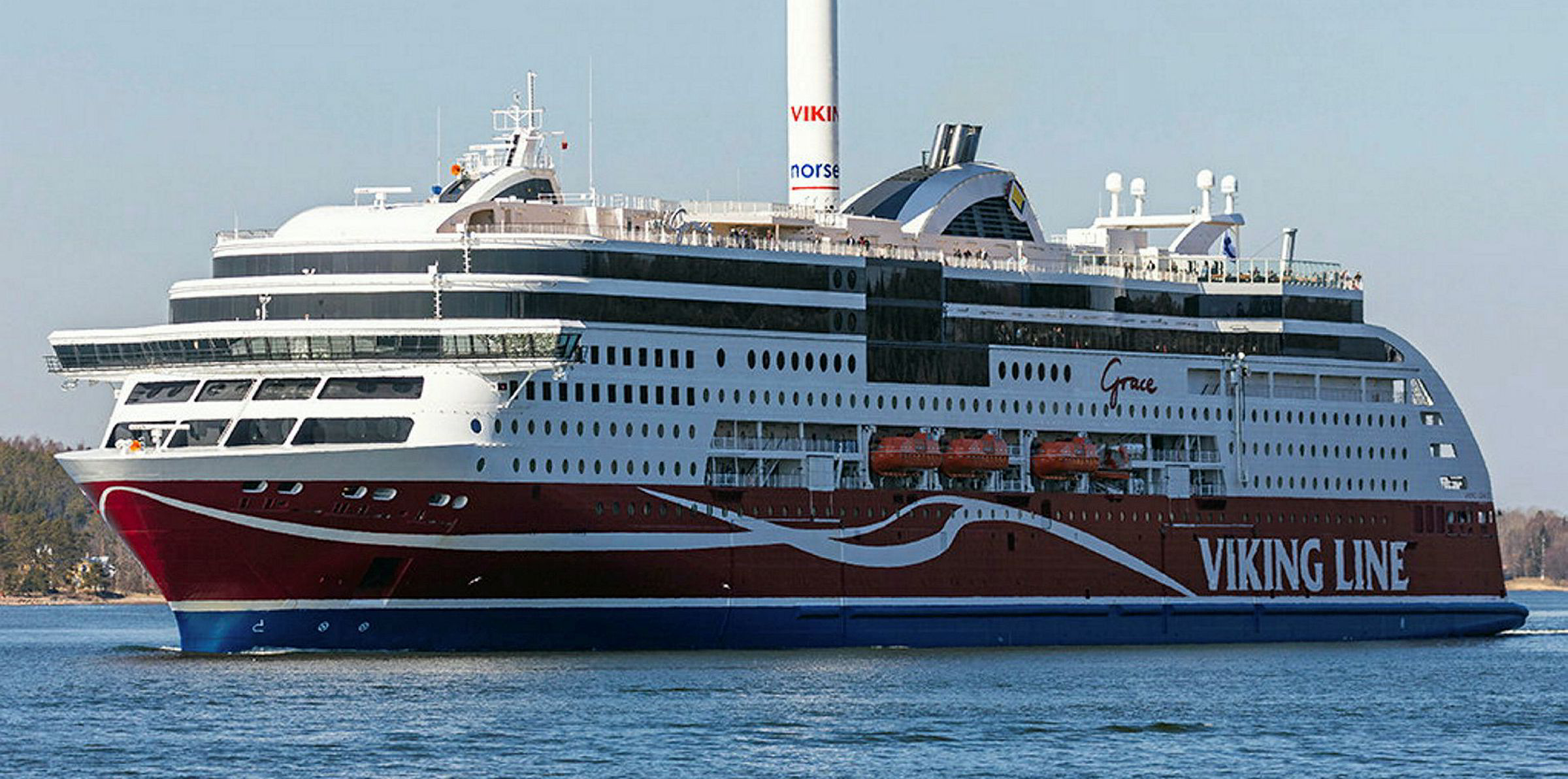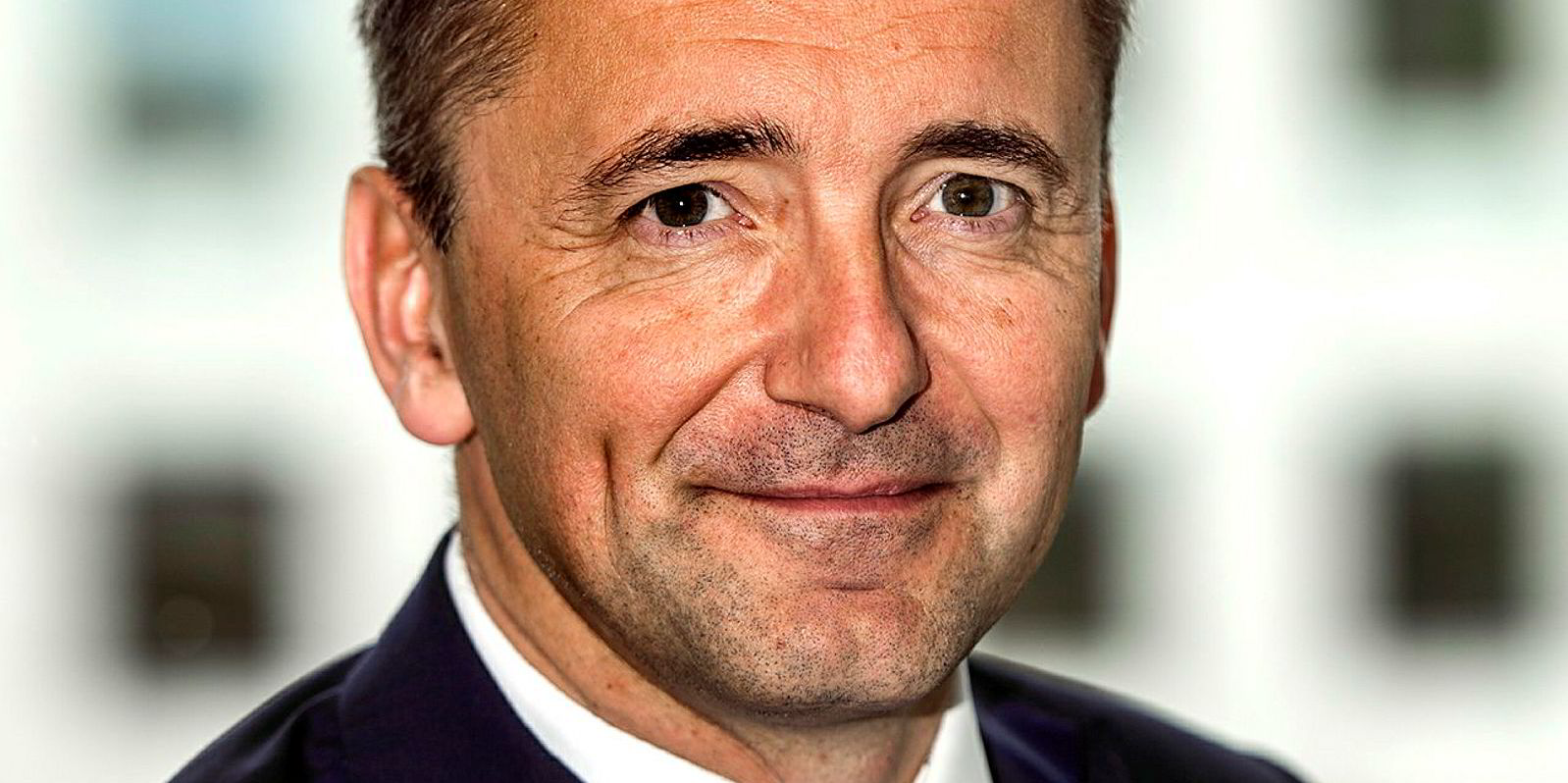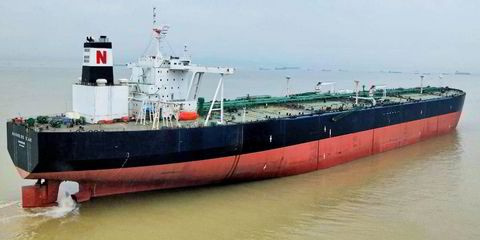DFDS's suspension of passenger activity could cause the Danish ro-ro owner to take a big hit to its year-end result for 2020, the firm has warned.
On Thursday, the Copenhagen-based owner said its full-year earnings before capital investment costs (Ebitda) could fall by up to DKK 1.6bn ($231.3m), approaching a total of DKK 2bn compared to 2019.
DFDS warned in a preliminary result statement on 20 April that its first-quarter earnings before interest and taxes (Ebit) would drop by 43% compared to last year, which was confirmed in its quarterly report on Thursday.
Lockdown in European countries has forced the ro-ro company to suspend two major passenger routes and cut capacity elsewhere, which has heavily impacted income.
But the company has also warned that the fragile situation could evolve yet again.
"Due to the current exceptionally high uncertainty, the outlook and its assumptions may change significantly as the year progresses," DFDS said in its first-quarter report.
The operator said its full-year Ebitda estimate is based on assumptions that could be subject to further change, such as freight volumes and the impact of travel restrictions on passenger route operations and volumes.
DFDS's board has not proposed the payment of any dividend to shareholders for the first quarter, "in view of the reduced operational and financial visibility". The firm said in March it would halt dividend payments.
Resuming services
DFDS assumes it will resume operations in August on the two ferry routes it suspended in mid-March.
Capacity on the two routes — Copenhagen-Oslo and Amsterdam-Newcastle — will be ramped up slowly, the company said.
The routes were suspended because passengers typically outweigh freight on those sailings.
Passenger activity in the English Channel and in the Baltic Sea has been reduced to only essential travel, but will slowly increase in capacity from August, DFDS said.
DFDS has also delayed delivery of a sixth freight ferry newbuilding that had been scheduled for delivery towards the end of this year.
The ferry will not be delivered in 2020, but DFDS did not supply any further details.
Impact on volumes
DFDS's freight activities on its 20 routes continue to operate as usual, but capacity has been reduced since the end of March. It has laid up 12 ships out of 50.
Freight ferry volumes were down 11% during March but its logistics volumes stayed around the same level, compared to the same month last year.
But things got worse in April, where freight volumes took a 24% hit and logistics volumes were down by 38% year on year, according to the quarterly report.
Freight volumes have been hit hardest on the DFDS's English Channel route and were down 13% for the quarter and down 17% in March, compared to last year.
This impact exceeded DFDS's expectations, which the company said was due to the Covid-19 pandemic.
DFDS said it expects to see a "gradual" recovery from June until the end of 2020.
However, volumes are expected to shrink by 15% for both its freight ferry and logistics businesses for the full year, compared to 2019.
Fresh financing
DFDS has added an extra DKK 250m to its committed credit facilities since 20 April.
This means the firm has secured DKK 1bn in fresh financing since the start of last month.
The new credit comes in addition to the DKK 1.7bn in liquidity resources DFDS had as of 31 March.
DFDS said it has also adapted the covenants of a loan agreement signed in June 2018 "to reflect the uncertainty caused by Covid-19".
The loan itself relates to the acquisition of UN ro-ro vessel that year.
No other loan agreements contain relevant covenant risk, the company said.
Game plan for 2020
DFDS's first-quarter report gave more detail on how the owner plans to ride out the expected shocks to its balance sheet and which initiatives it will shelve.
The company said it will focus on mitigating earnings and cash impacts in the short term, but added that its financial position remains "strong" in terms of liquidity and flexibility.
Work on the strategic objectives announced last June, however, will be suspended until markets stabilise once again.
DFDS said its immediate priority is to focus on adapting to changes in markets and its customers' needs.
The strategic initiatives announced last June included financial ambitions, growth in certain industries and the digitisation of its services and operations.
Final results
The first-quarter results filed by DFDS on Thursday mostly reiterated the preliminary figures it filed on 20 April.
Profit before tax totalled DKK 96m for the period, down by one-third from DKK 144m last year.
This result is slightly below the preliminary result of DKK 98m DFDS announced on 20 April.
Ebitda for the period was DKK 610m, down by 10% compared to DKK 677m during the first three months of 2019.









